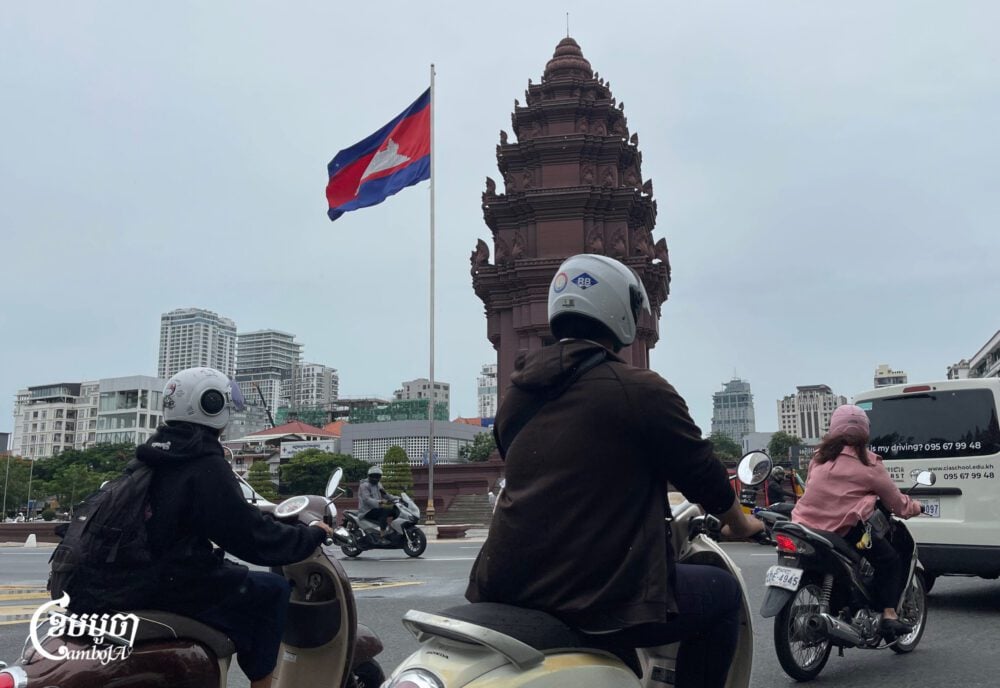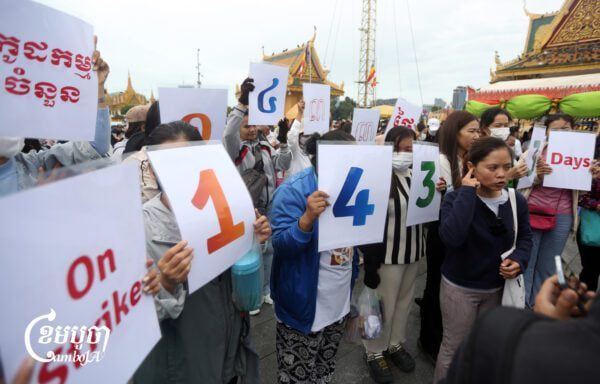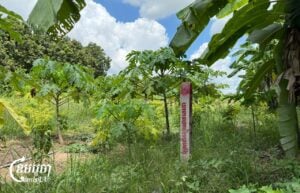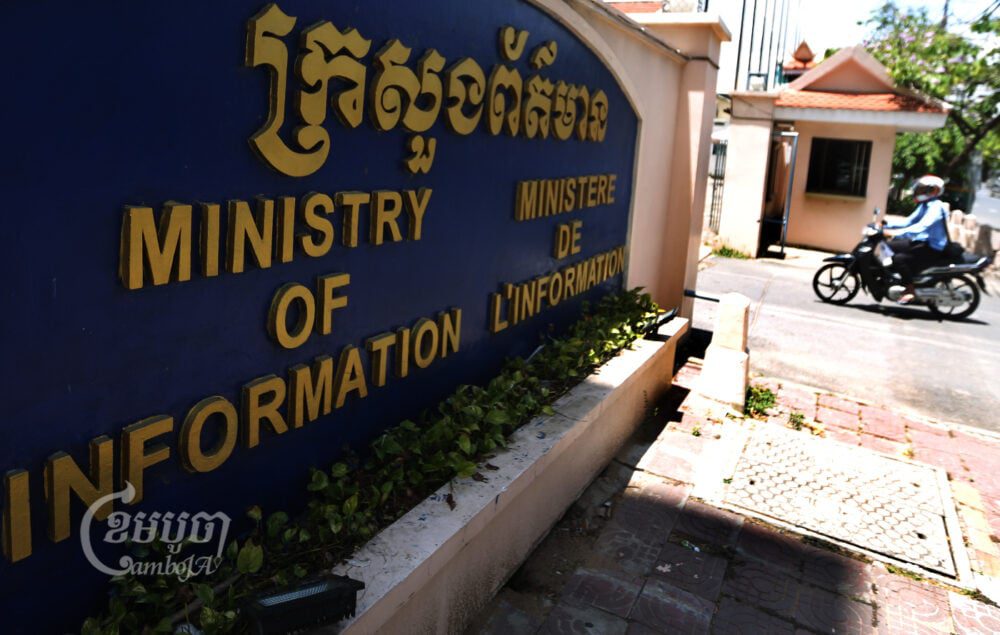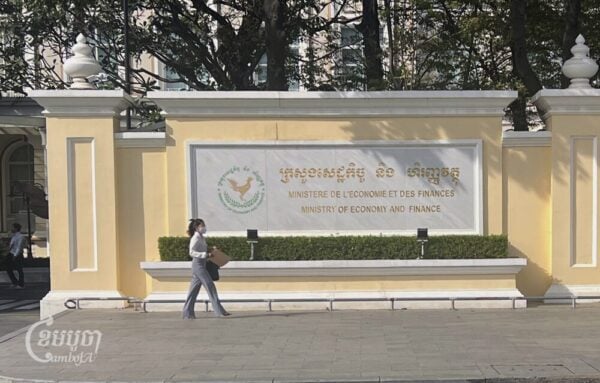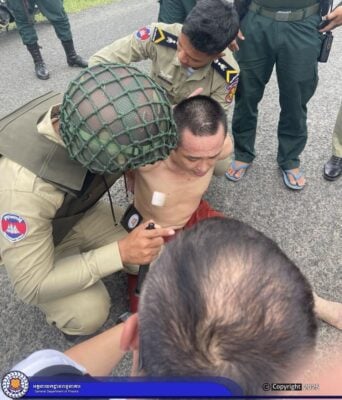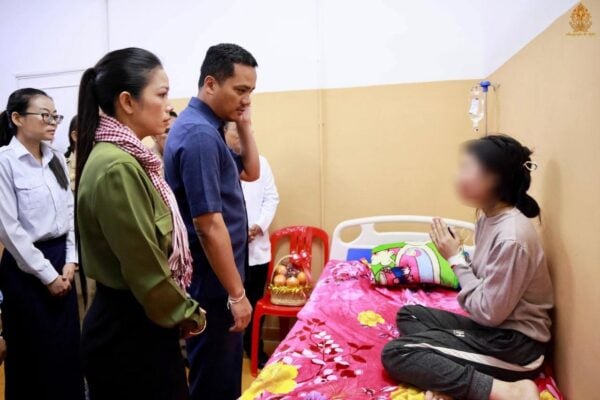Cambodia will enforce the Law on Nationality, which was amended to allow the stripping of citizenship of Cambodians who are convicted of treason and foreign collusion.
The amendment, initiated by acting head of state and Senate president Hun Sen, was signed into law on September 5, as the King was away in China on a medical trip.
The amendment was passed by the National Assembly in August and the Senate on September 1 allowing the legislature to revoke the citizenship of Cambodians who side with foreign nations to harm the country — a move critics warn could have a “chilling effect” on freedom of speech.
Interior Ministry spokesperson Touch Sokhak explained that “ordinary people” who offer “constructive criticism” to develop the nation are not considered committing treason, as long as they do not leak information or provide benefits to foreign states that are “enemies of their own country”.
“Revocation would apply only to traitors or in special circumstances, such as when the country is at war with a foreign state or in dispute with another nation that threatens Cambodia’s core national interests,” he said.
The citizenship of Cambodians and workers abroad will not face withdrawal measures, as it only applies to those “accused of harming national interests through collaboration with foreign entities during conflicts”, Sokhak said, adding that some political groups are causing confusion in the public by spreading false information.
The amendment revised seven articles of the Nationality Law, and included a new article—Article 29, which stipulates that the Cambodian citizenship may be revoked due to treason or collusion with foreign countries that harm the Kingdom’s core interests.
Revocation can also happen when one undermines national sovereignty, territorial integrity, security, voluntarily joins the military of a foreign state or serves as a foreign public official, or obtains Cambodian citizenship through fraud or false information.
Those who are convicted of crimes such as insulting the King, threatening state security, or terrorism, might be subjected to the law too. The law also specifies that Khmer nationality by birth can only be withdrawn if the individual is at least 18 years of age and holds another nationality.
Ou Chanrath, vice president of the Cambodia Reform Party and a member of the Alliance Towards the Future Forward, said the amendment could have negative consequences if it is used to suppress dissenting voices and freedom of speech.
“I think this law is suppressive on Cambodians abroad who hold dual citizenship, as it could be misused to revoke their citizenship,” he said.
“For me, the law isn’t necessary, and it will create more pressure on citizens when expressing opinions or engaging in political activities,” Chanrath said.
He hoped the law would not be applied arbitrarily for political purposes.


